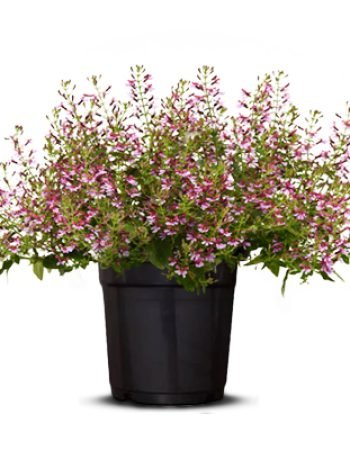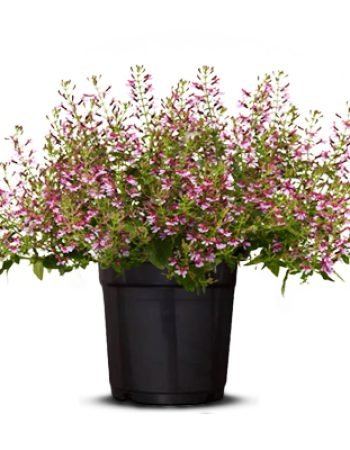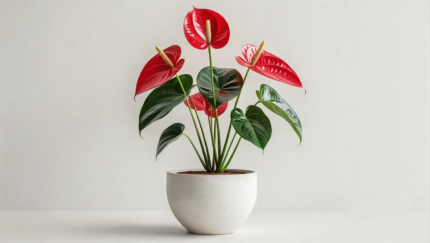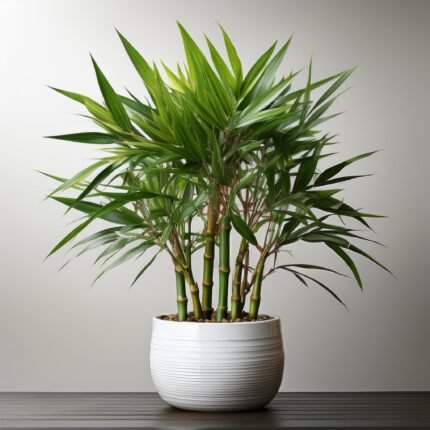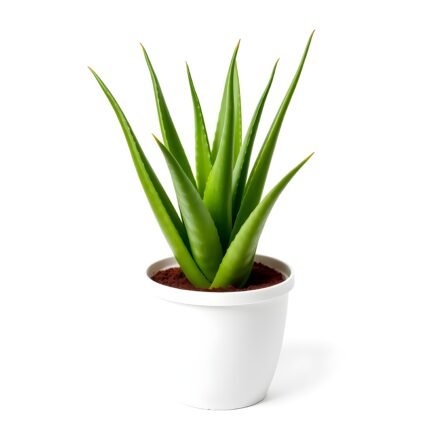Product Description:
Ficus microcarpa Moclame has lovely, glossy oval leaves. It is easy to care for and is well known for filtering the air of pollutants, making it an ideal healthy plant for any home or office. The simple, natural beauty of the Ficus microcarpa Moclame adds an understated touch of the Indian subcontinent to your living space. It has many common names including Pot Belly Fig, Laurel Fig, Laurel Rubber, Curtain Fig and Strangling Fig. The Ficus Moclame (Ficus microcarpa) is native to southern Asia and Australia. These serve as decorative plants, food plants, and even religious symbols.
NASA Recommend Air purifying plant.
Light:
Ficus plants need bright light, but only acclimated plants can handle the direct sun. They appreciate being moved outside in summer but do not place them in direct sunlight. Bright, direct light will scald the leaves and cause leaf loss.
Soil:
A ficus needs well-draining, fertile soil. Soil-based potting mixes should work well for this plant and provide the nutrients it needs. Avoid using soils for roses or azaleas, since these are more acidic potting soils.
Water:
Water the ficus evenly throughout the summer and reduce watering in the winter. In dry homes, provide plenty of ambient moisture by misting often. Do not let the root ball dry out and check the soil before watering.
Temperature and Humidity:
These plants cannot tolerate low temperatures or drafts. Maintain a temperature above 60 F at all times; they will do much better with temperatures above 70 F. Any cold drafts from windows, doors, or air-conditioning units will cause harm. Keep them away from a drafty location. They like a relatively humid environment. Regularly mist the leaves or provide a pebble tray filled with water below the plant.
Fertilizer:
Feed your ficus with slow-release pellets at the beginning of the growing season. They are rapid growers and will benefit from monthly fertilization in the spring and summer and once every two months in the fall and winter.
Potting and Repotting:
A healthy ficus will rapidly outgrow both its pot and your house. Repot only every other year to slow growth and keep the plant a manageable size. When repotting, always use high quality potting soil.
Plant Protection:
- Remove dead, infected or damaged plant parts and discard them away from the plants.
- For any insect attack or disease, you can use Neem oil, Eucalyptus oil or Citrus oil spray for primary treatment.




